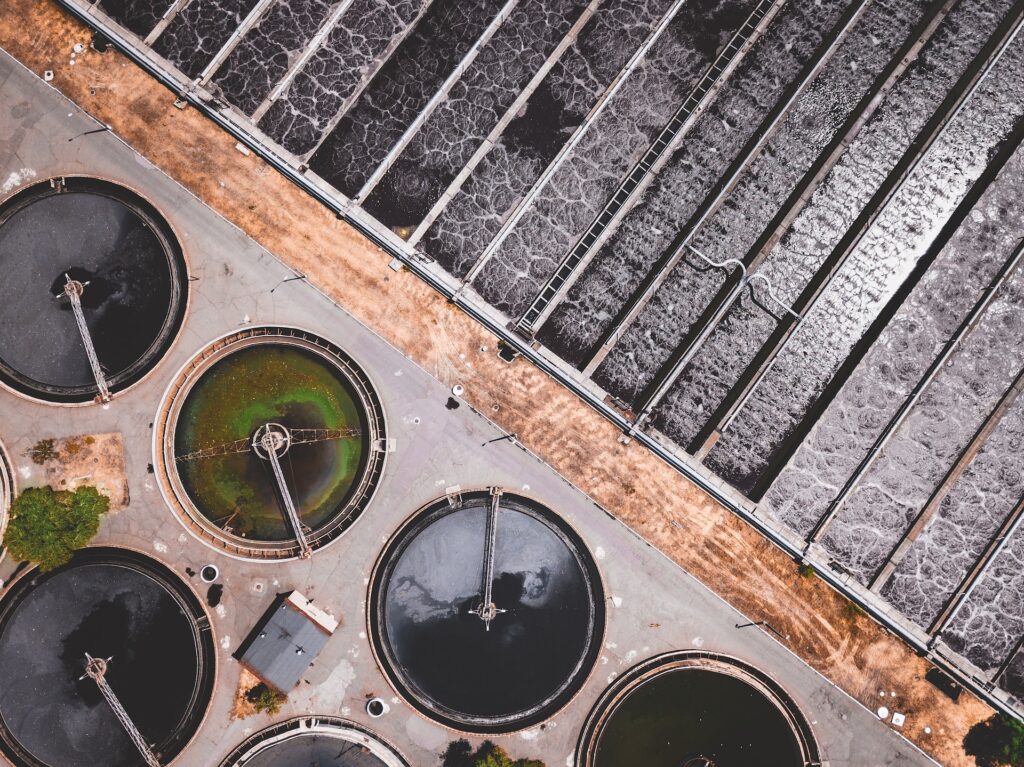Cyber Security with Aixden
Published on by Water Network Research, Official research team of The Water Network in Technology
Two Israeli technology veterans have drawn on their decades of professional experience to create a new startup that combats cyberattacks on some of the country’s key institutions, including national water company Mekorot.
To achieve the desired level of protection from such attacks for their clients, IXDen’s founders and co-CEOs Zion Harel and Dr. Leonid Cooperman devised entirely new software from scratch with a focus on artificial intelligence and machine learning.

Illustrative: IXDen sensors are placed throughout Israel’s water infrastructure (Unsplash)
“It’s absolutely new,” says Cooperman of the technology. “We have three US patents on this, and the majority of those patents are related to AI and machine learning. The algorithmic mathematical area is AI machine learning and the algorithms themselves are absolutely new.”
Collecting information from sensors placed around the company’s infrastructure, IXDen uses those algorithms to analyze millions of pieces of data every day in order to spot any anomalies that point to suspicious activity or even to just identify a fault in the system.
“We detect a wide range of different problems, starting from an attempt at hacking, at touching something in the hardware and software of the system, going all the way to behavioral changes in their equipment,” Cooperman tells NoCamels.
“It could even be a water pump or water tank,” he says in the case of Mekorot.
The water company has around 3,000 sites in 10 regions across Israel, including 700 water pumping stations and 20 desalination sites. The IXDen platform is active at each location, analyzing 300 million pieces of data on a daily basis and feeding it all into one centralized system.
“Think about 300 million data [points] going to our AI in real time, showing on the screen the current health situation of each one of the devices – all of the country on one screen,” Harel explains.
“If there is a problem, they can drill down and we can show them that the sensor in one of the stations in south Be’er Sheva is going to be [compromised] in about a week,” he says. “We are a cross-country monitoring system.”
The day-to-day AI system is fully automated, Cooperman says, with no human involvement at all. Detecting a potential problem in the system, be it a leaky pipe or an attempted infiltration from hostile actors, is all carried out by the software and hardware working together.
The technology works as an internal network, based on a series of specially designed computers called industrial controllers. Each controller is linked to multiple sensors, which it monitors for information and takes action according to the data it receives.
Attached link
https://www.youtube.com-nocookie/embed/Qk66XfCpfxcTaxonomy
- Security
- Security
- Cyber Security